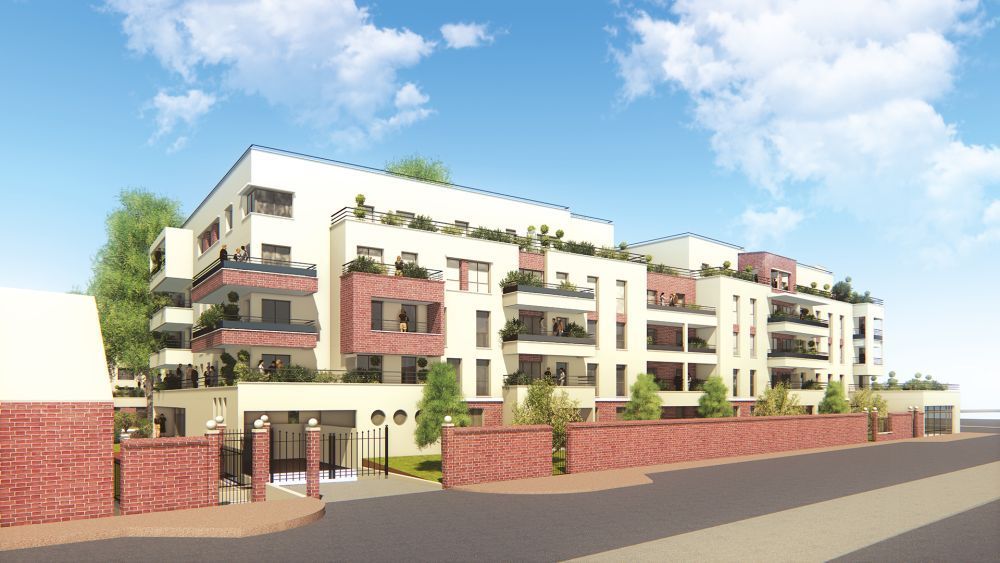 Interior design
Yachting
Interior design
Yachting
 Paris 3ème Marais
Paris 6ème Luxembourg
Paris 7ème Bac Saint-Germain
Paris 7ème Champ-de-Mars
Paris 8ème Saint-Honoré
Paris 9ème
Paris 15ème Saint-Charles
Paris 15ème Sèvres-Lecourbe
Paris 16ème Auteuil Passy
Paris 16ème Trocadéro
Boulogne Billancourt
Neuilly Sur Seine
Rent Rive Droite
Rent Rive Gauche
Cannes
Bruxelles South
Paris 3ème Marais
Paris 6ème Luxembourg
Paris 7ème Bac Saint-Germain
Paris 7ème Champ-de-Mars
Paris 8ème Saint-Honoré
Paris 9ème
Paris 15ème Saint-Charles
Paris 15ème Sèvres-Lecourbe
Paris 16ème Auteuil Passy
Paris 16ème Trocadéro
Boulogne Billancourt
Neuilly Sur Seine
Rent Rive Droite
Rent Rive Gauche
Cannes
Bruxelles South

The "smart city" concept appeared at the end of the years 2000 and can be credited to government authorities and private players such as the International Business Machines Corporation (IBM). The goals of the smart city include development of a sustainable economy, improvement of the quality of residents' living conditions, but also their concertation. By courtesy of new technologies, cities worldwide have thus undertaken transformation over the past few years, whether in the field of their economy, transportation or environment.
This digital transition is a new opportunity at the service of the sustainable city. The smart city wants to modernize its management by regulating traffic, for example, in real time. To solve this problem, the city of Hamburg (Germany) has installed almost 100 sensors in its port area. To optimize travel for users of its transport network, and make its residents' administrative procedures easier, the city of Nantes has developed several mobile apps enabling its citizens to become key players in their town.
To place the potential of new technologies at the service of Parisians, the French capital, for its part, introduced the "Paris, digital city" programme in 2006. Focusing on transparency, it introduced a few years later an open data approach via the Open Data Paris website, enabling everyone to access, unrestrictedly and free of charge, the data produced and collected by public services of the City of Paris. More recently, it has adopted a "Smart, sustainable City" strategy to respond to new challenges such as energy transition and sustainable mobility. Finally, citizens' collaboration has not been forgotten, as the capital is also moving forward with development of apps and on-line platforms. It is currently welcoming Parisians' ideas on how to make the French capital carbon neutral by 2050.
The world's top five smart cities (according to a study published by Juniper Research in January, 2022):
To contact us about your real estate project, please click on the bell.








